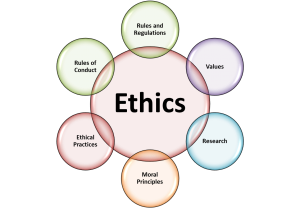Photo Source: Posted September 30th, 2014
The Most Unforgettable Ad Campaigns of 2013 featured in Forbes caught my attention when I saw which ads were being recognized. Although I had previously seen most of these ads, I did not hesitate to watch them all once again; they were just as powerful and captivating the second time around.
An advertisement is successful if it is memorable, if it tells an authentic story, spurs thought in the viewer, captures the emotion of the viewer and leaves a lasting impression, quite simply put by Forbes it “creates a visceral response”. This visceral response has always been key to marketing but has become crucial with the digital revolution. Consumers are ambushed by ads everywhere they go, to be remembered amongst the chaos created by “advertisement overload”, a product must invoke emotion, change conversations and develop a new culture, a new way of thinking. The most effective ads are those that pull on the heartstrings, invoke nostalgia or create desire and intrigue. I believe that by playing on emotions, a brand can truly “hammer home a key value proposition.”
Photo Source: Posted December 11th, 2006
In 2013, Apple released a commercial named “Misunderstood” that won a Creative Arts Emmy for Outstanding Commercial. This commercial hit home for me because it was filmed in Edmonton, my home, during Christmas time. Edmonton is disregarded because of its cold, long winters but people neglect to see what a magical place it is at Christmas time. The commercial displayed a Christmas most people only see in the movies yet is authentic to Edmonton. This commercial had a lasting impression on me. It invoked feelings of nostalgia and a sense of community and belonging. One full year later, and it is getting me in the Christmas spirit once again.






